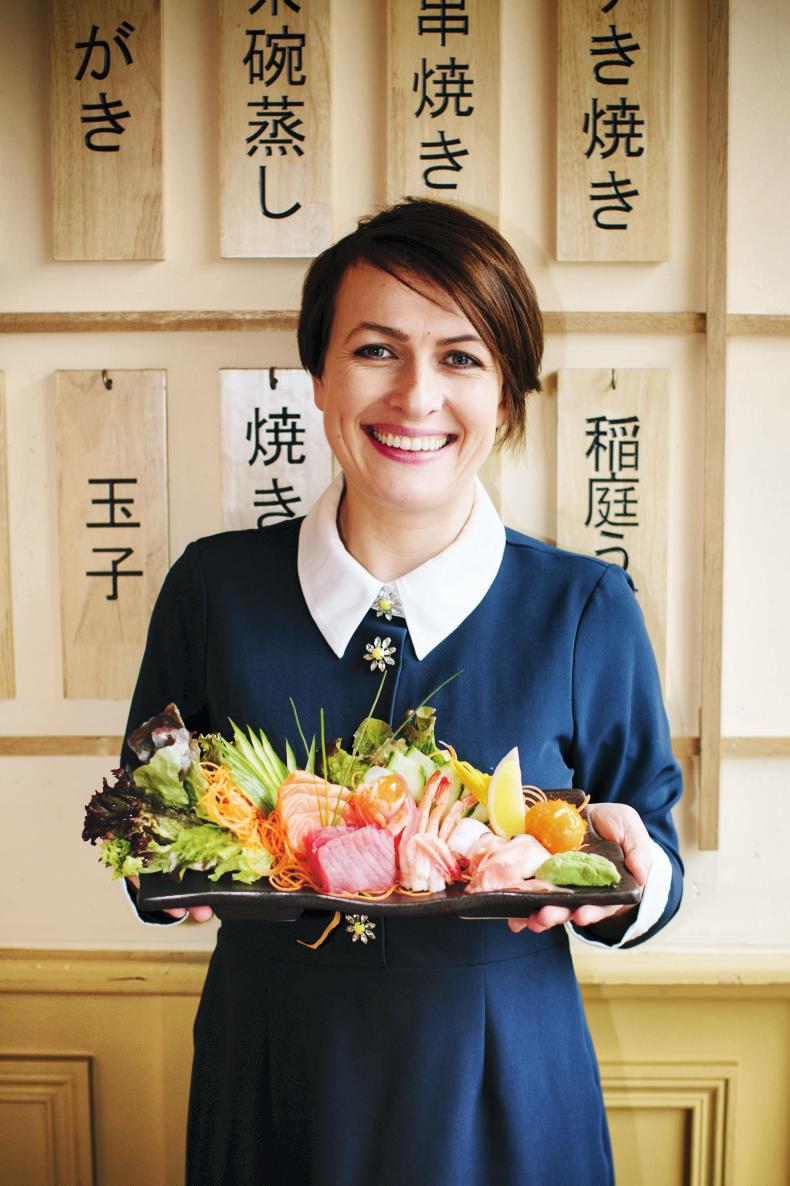

LOYALTY CODE:
The paper code cannot be redeemed when browsing in private/incognito mode. Please go to a normal browser window and enter the code there

LOYALTY CODE:
The paper code cannot be redeemed when browsing in private/incognito mode. Please go to a normal browser window and enter the code there
This content is copyright protected!
However, if you would like to share the information in this article, you may use the headline, summary and link below:
Title: Consumer: quarantine habits
Initial reports suggest we are changing our food and shopping habits as a result of COVID-19. Janine Kennedy investigates the good, the bad and what this might mean for the future.
https://www.farmersjournal.ie/consumer-quarantine-habits-543545

ENTER YOUR LOYALTY CODE:
The reader loyalty code gives you full access to the site from when you enter it until the following Wednesday at 9pm. Find your unique code on the back page of Irish Country Living every week.

CODE ACCEPTED

You have full access to farmersjournal.ie on this browser until 9pm next Wednesday. Thank you for buying the paper and using the code.

CODE NOT VALID
Please try again or contact us.
For assistance, call 01 4199525
or email subs@farmersjournal.ie
Sign in

Incorrect details
Please try again or reset password
If would like to speak to a member of
our team, please call us on 01-4199525
Reset
password
Please enter your email address and we
will send you a link to reset your password

If would like to speak to a member of
our team, please call us on 01-4199525
Link sent to
your email
address
![]()
We have sent an email to your address.
Please click on the link in this email to reset
your password. If you can't find it in your inbox,
please check your spam folder. If you can't
find the email, please call us on 01-4199525.
![]()
Email address
not recognised
There is no subscription associated with this email
address. To read our subscriber-only content.
please subscribe or use the reader loyalty code.
If would like to speak to a member of
our team, please call us on 01-4199525
 This is a subscriber-only article
This is a subscriber-only article
Update Success !


Chef Fiona Uyema (left) has noticed an increase in traffic to her website since the COVID-19 pandemic began. Known for her love of Japanese cooking, Fiona owns and operates Fused – a line of Asian-inspired sauces currently sold in most major retail outlets. 
“We lost a lot of business overnight in cancelled corporate events and food festivals, but the other aspects of our business are doing well,” she says. “More people are also buying my cookbook. I think many are taking this time to learn about new types of cuisine.”
According to recent figures from Bord Bia, 46% of those surveyed said they had been creating tastier family meals, 61% said they were being careful to avoid food waste and 53% agreed they were now buying food with a longer shelf life.
Bord Bia’s CEO Tara McCarthy says that the kitchen is becoming a focal point of daily Irish routines. “Preparing food for our families has assumed a new level of relevance during the current crisis,” she says in correspondence with Irish Country Living. “Search trends are showing that people are seeking out tasty, familiar foods.”
According to Bord Bia’s Mood Food report, 23% of adults are using recipes to cook, while 32% are cooking more meals from scratch. Bord Bia have since launched their Quality Comforts campaign; working with chefs and food professionals, like Fiona, to promote homemade meals using Irish produce.
“We all want to put healthy meals on the table,” Fiona says. “But people are very busy juggling kids and work. With a bit of guidance, people seem happy to take cooking challenges on. I think we’re going to come out of this with more people cooking from scratch.”
In early April, Aldi revealed the top 20 shopping items that are filling trollies during quarantine. This list accounts for shopping done between 16 March and 4 April, with the top three items being carrots, milk and creamery butter.
Other listed items include fresh tomatoes and mushrooms, fresh fruit and berries (bananas, easy peeler mandarins and raspberries all made the list) and broccoli. Convenience items that made the list include instant noodles, sliced white bread and chocolate digestive biscuits.
Aldi’s press release also states that many consumers have changed their shopping times. While most shopping continues to take place from Thursday to Sunday, there has been a marked increase in shopping from Monday to Wednesday.
This suggests that we have adapted, in positive ways, to the COVID-19 pandemic and quarantine measures. However, other habits have developed that may not be as healthy. Orla Walsh (right) is a
“Staying home, we’re closer to the fridge than ever before,” she says. “There are a few phases to the COVID-19 crisis, and once this initial phase is over, we have to make plans so people aren’t emerging from quarantine with lifestyle-related health conditions.”
Bord Bia’s report found that 37% of Irish adults are indulging in sweet treats and 34% admit to snacking outside of mealtimes. This is attributed to increased boredom and craving comforting foods. Combined with a more sedentary lifestyle, this snacking habit can impact our overall health.
“One of the most important things right now is that people eat a balanced diet,” Orla says. “Half of every meal should be fruit and vegetables, which help protect us from disease. Wholegrain carbohydrates provide energy, while protein feeds our muscles and bones.”
“You need these components at each meal,” she continues. “The energy from combined healthy foods is released slowly. Your energy levels stabilise and studies show that regular consumption of balanced meals lead to less snacking.”
Two studies are ongoing in relation to food and consumer behaviour during the COVID-19 pandemic. The results will provide crucial information to help protect the health of Irish citizens, especially those who are most vulnerable.
University College Dublin is collecting data to measure the effects of quarantine on the cooking and eating habits of everyday Irish citizens and those in marginalized or high-risk groups. Dr Sharleen O’Reilly, assistant professor in food science and nutrition at UCD, says this research will hopefully guide future government food policies.
“Our goal is to get a handle on how people’s food habits have changed,” she says. “We don’t have a sense of how the broad population, or more vulnerable groups, are eating and preparing their foods. We’re trying to get a handle on these habits, but are also looking at food security and accessibility.”
UCD is working with advocacy groups to better understand the food habits of marginalised people – for example, the homeless, poverty stricken or elderly. You can take the anonymous online survey by visiting covidfood.ie.
Teagasc and University College Cork are working with other global institutions on a consumer and food behaviour survey during COVID-19. The results will be used to quantify the extent to which average Irish citizens have increased culinary literacy during quarantine.
Head of Teagasc department of agri food business and spatial analysis, Dr Maeve Henchion, says we must gain an understanding of consumer food habits to avoid speculation.
“While anecdotal evidence suggests that many have [increased culinary literacy], the question is: is it based on developing skills at a low or high level?” she asks. “Also, is this only about primary school children baking at home with their parents as an activity, or are older teenagers and young adults in a household also taking up the challenge?”
Teagasc plan to keep this survey running for the entirety of the COVID-19 lockdown. You can take the survey by clicking here.
SHARING OPTIONS: